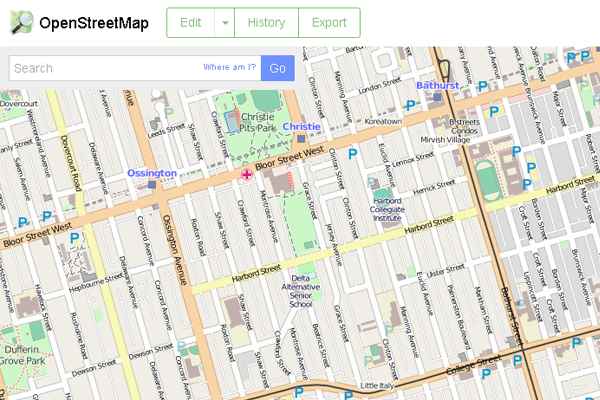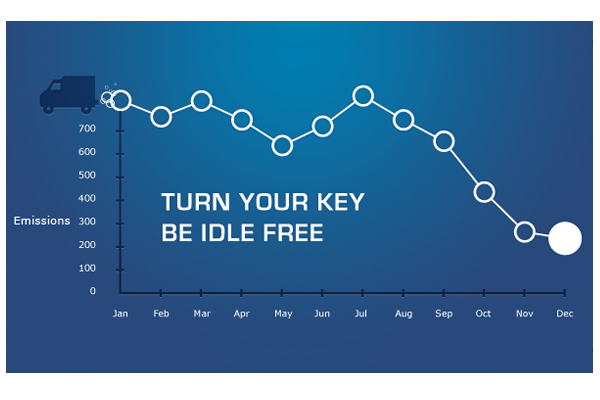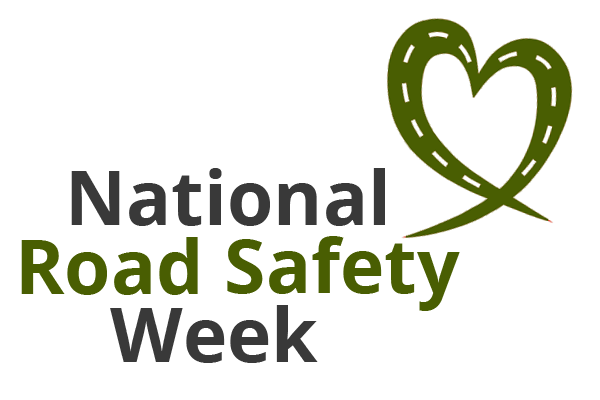GPS Tracking Software Manages Driver Safety
Attempting to interpret and understand accelerometer data can be complicated, as users will oftentimes need to sift through a large number of various vehicle insights. To make things easier, GoFleet in partner with Geotab has decided to take a sophisticated formula and transform it into a variety of safety rules that are easy to understand, use and apply.
Within the safety section of our GPS tracking software, the user needs to simply turn on the rules that are most relevant to company goals and select the corresponding vehicle set. From there, the software will automatically begin populating the unsafe driving data into reports that clearly illustrate the driving events.
It is vital to have a well thought out procedure in place that is communicated across different departments. This includes educating your HR professionals on your goals, and how you plan to put the data into action. Inform others on how your next action steps will look by outlining a communications plan for interacting with your drivers and team members. It’s what you do with the information (data) that counts, that is what ultimately helps improve driver behavior.
To become totally transparent in your communications it is recommended to also include your drivers. Our fleet GPS tracking software comes with a built-in driver feedback “beeping” feature. Fleet managers can turn the “beeping” sound on so as to assist drivers in modifying their behavior in real-time. The instant “beeping” of the audible alerts will inform the driver of when they are actually breaking a rule, or even about to break a rule. The fleet management software truly can assist with providing drivers with immediate safe driving insight, helping to avoid repeating the same behavior in the future.
Contact GoFleet for more information on our GPS tracking software and how our safety features can help better manage your fleet.



















